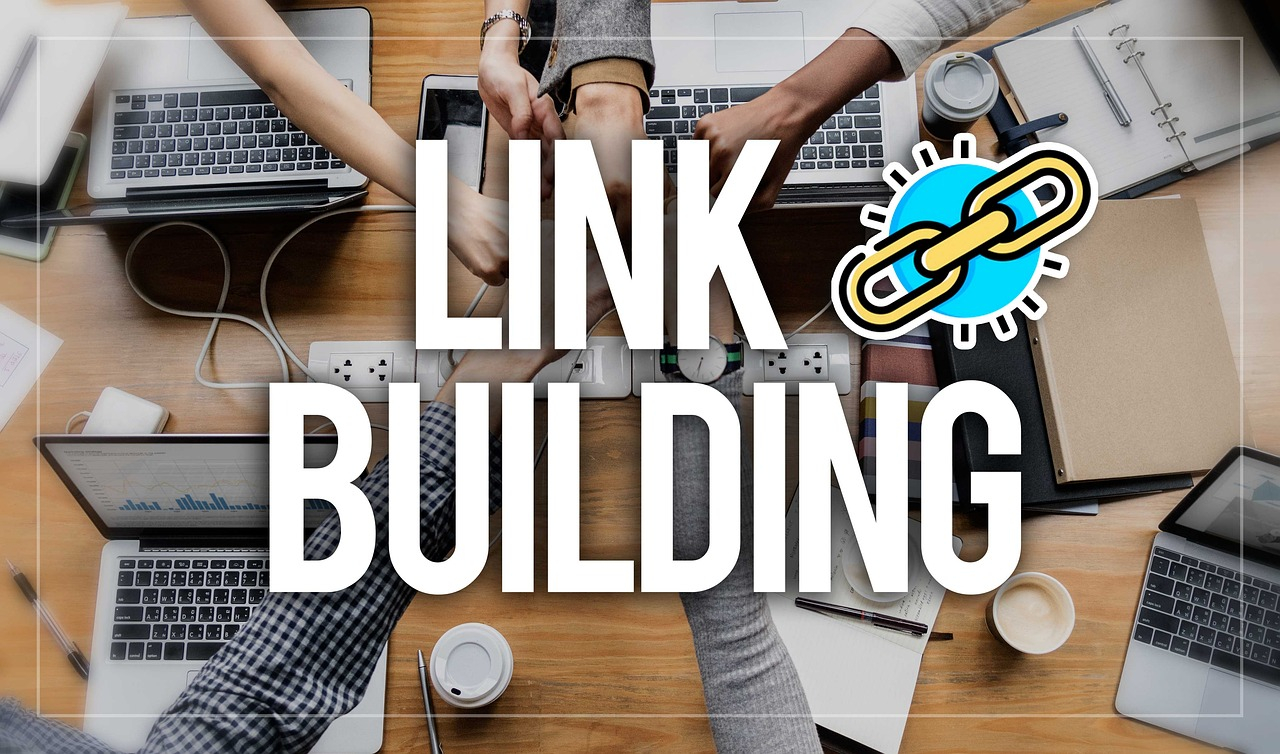Internal linking is an important practice for website optimization and user experience. Here are some key reasons why internal linking is beneficial:
Improved Website Navigation
Internal links help users navigate through your website more easily. By linking related content within your site, you guide visitors to relevant information and provide a clear path for them to explore different pages. This enhances the overall user experience and helps them find the information they need.
Enhanced Website Structure and Hierarchy
Internal linking establishes a hierarchical structure within your website. By prioritizing and linking important pages, you can indicate their significance to search engines. This can positively impact search engine rankings and improve the visibility of key pages on your site.
Distributing Page Authority and Ranking Power
Internal links can distribute authority and ranking power throughout your website. When you link from high-authority pages to other pages on your site, you pass on some of that authority, helping those linked pages rank better in search results.
Encouraging User Engagement and Increased Page Views
By strategically placing internal links, you can guide users to related or additional content that they may find interesting. This can encourage them to stay on your site longer, explore more pages, and increase overall engagement with your content.
Establishing Content Relevance
Internal linking signals to search engines the relevance and relationships between different pages on your site. By linking relevant pages together, you can indicate the topical focus and context of your content. This can help search engines understand your site's structure and improve its visibility in relevant search queries.
Facilitating Website Updates and Maintenance
Internal links make it easier to update and maintain your website. If you modify or add new content, you can ensure its visibility by linking to it from other relevant pages. This helps search engines discover and index your new content more efficiently.
Overall, internal linking is valuable for website organization, user navigation, search engine optimization, and user engagement. By strategically implementing internal links throughout your site, you can enhance the overall user experience, improve search engine visibility, and drive more traffic to important pages on your website.

